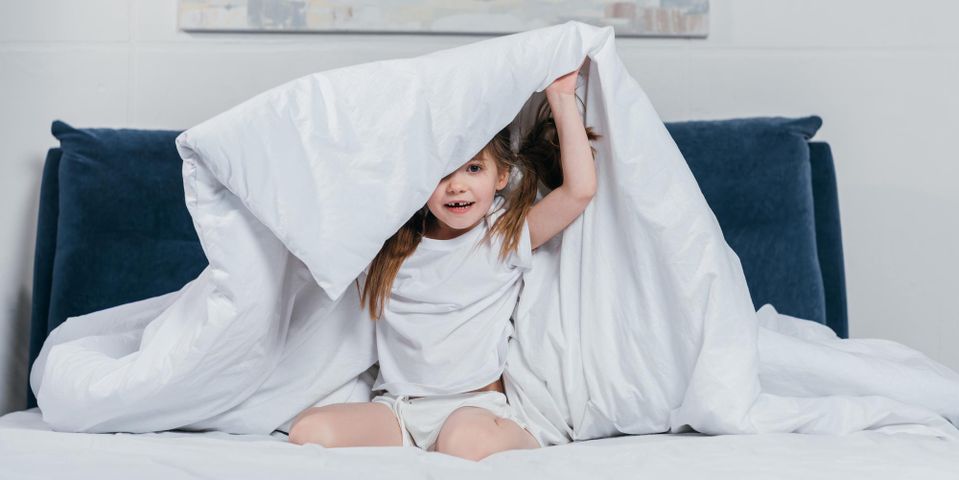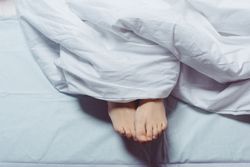An Introduction to Weighted Blankets for Stress

Sensory items can help individuals find calm or become stimulated depending on their goals. Recently, weighted blankets have become a popular topic among therapy communities that use these tools. Here is some insight into the products to help you decide if you could benefit from one.
Weighted Blankets 101
What Are Weighted Blankets?
Weighted blankets are sensory items that individuals often use to complement medical treatments for conditions like anxiety and autism. These products typically weigh between four and 30 pounds and can be throw-sized or cover an entire king-sized bed. They are available in a myriad of colors, materials, and designs.
What Benefits Do They Offer? 
People often compare using weighted blankets to experiencing deep pressure touch therapy. This treatment offers proprioceptive input by creating sensations with weight. The therapy method is used on the muscles, joints, and fascia to relax the autonomic nervous system that is often in overdrive for people with depression, anxiety, autism, and other conditions.
The blankets provide grounding by forcing the body downward which can limit cortisol levels and minimize the effects of stress. They can even encourage the body to put out serotonin and dopamine which may improve your mood.
Who Should Own Them?
Many individuals use weighted blankets to reduce anxiety and stress. The heft of these unique quilts helps calm the mind and mitigate racing thoughts that can make falling and staying asleep difficult. Individuals with mental health conditions, autism, or sensory processing disorders may gain the most benefit from using weighted blankets as sensory items. Those who have PTSD or ADHD may also find these innovative quilts comforting in times of overstimulation.
If you’re interested in purchasing sensory items, visit Adaptive Home Design in St. Louis County, MO. The family-owned and -operated company can personalize homes to provide safe, comfortable spaces for people with mental health needs, who are aging or who have physical disabilities. Call (314) 837-7722 or visit the website for information on their sensory room creation and how they can help individuals with conditions like anxiety, dementia, autism, and PTSD.
About the Business
Have a question? Ask the experts!
Send your question

